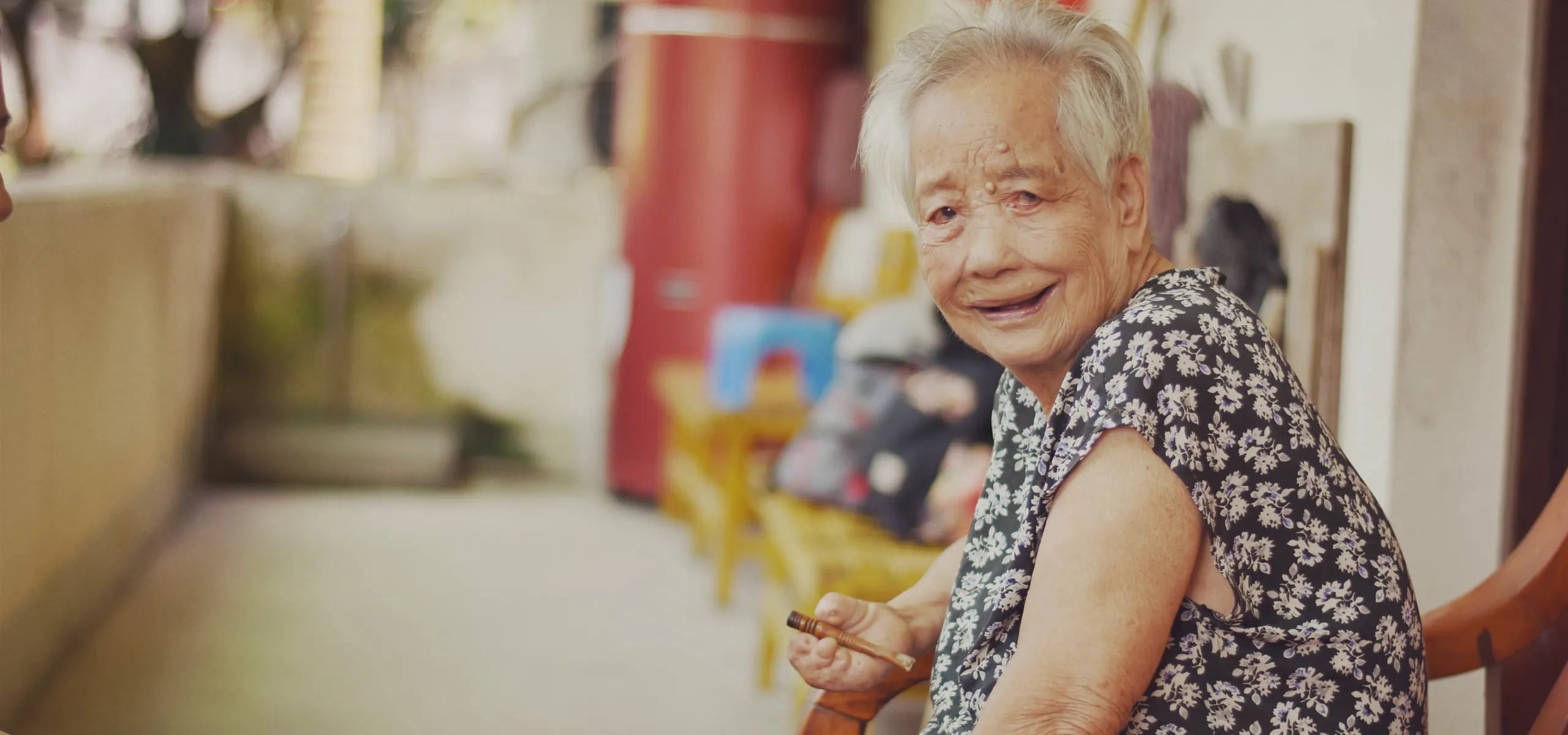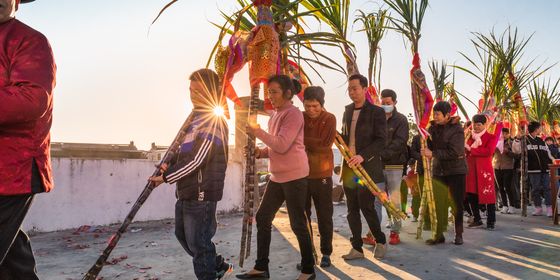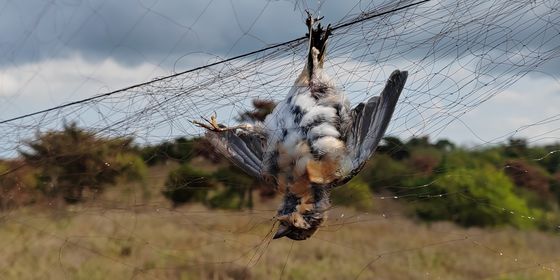From wandering the streets to living in a leprosy colony, an ordinary 93-year-old woman recounts an extraordinary century of life
Few people know that a “village” for leprosy patients has existed at the foot of Maofeng Mountain in Guangzhou for over 60 years. Even five years ago, it wasn’t marked on any digital maps.
The hospital, with its 30 elderly residents, is so quiet it doesn’t feel like it’s in the city. Sunlight streams down over the misty lake by the entrance. A few people are fishing from wooden rafts, like in a painting. Papayas, palms, camellias, azaleas, and osmanthus are scattered throughout the village. Some of the villagers are drying radishes in the sun, while others are ambling back from the field with vegetables they’ve just picked.
The first time I met Xu He was on New Year’s Day in 2017. By then, she was 90 years old and no longer able to work. She sat on the porch, bundled in a thick winter coat. Tiny in stature, she had a big belly, snow-white hair, and a toothless smile. Even though she was no longer able to leave her room unaided, she was cheerful when she spoke, with clear recollections of events from decades past.
When I walked up to her and asked her to talk about her life, she didn’t hesitate. She began her tale with a sly remark: “Let me tell you, I even sold myself to traffickers!”
The contrast between aged body and her carefree, childlike demeanor sparked my curiosity. What had happened over the course of her almost century-long life?
This old woman was like a riddle. But as her story unfolded, I came to see how certain pivotal events of her life had left their marks on her.













